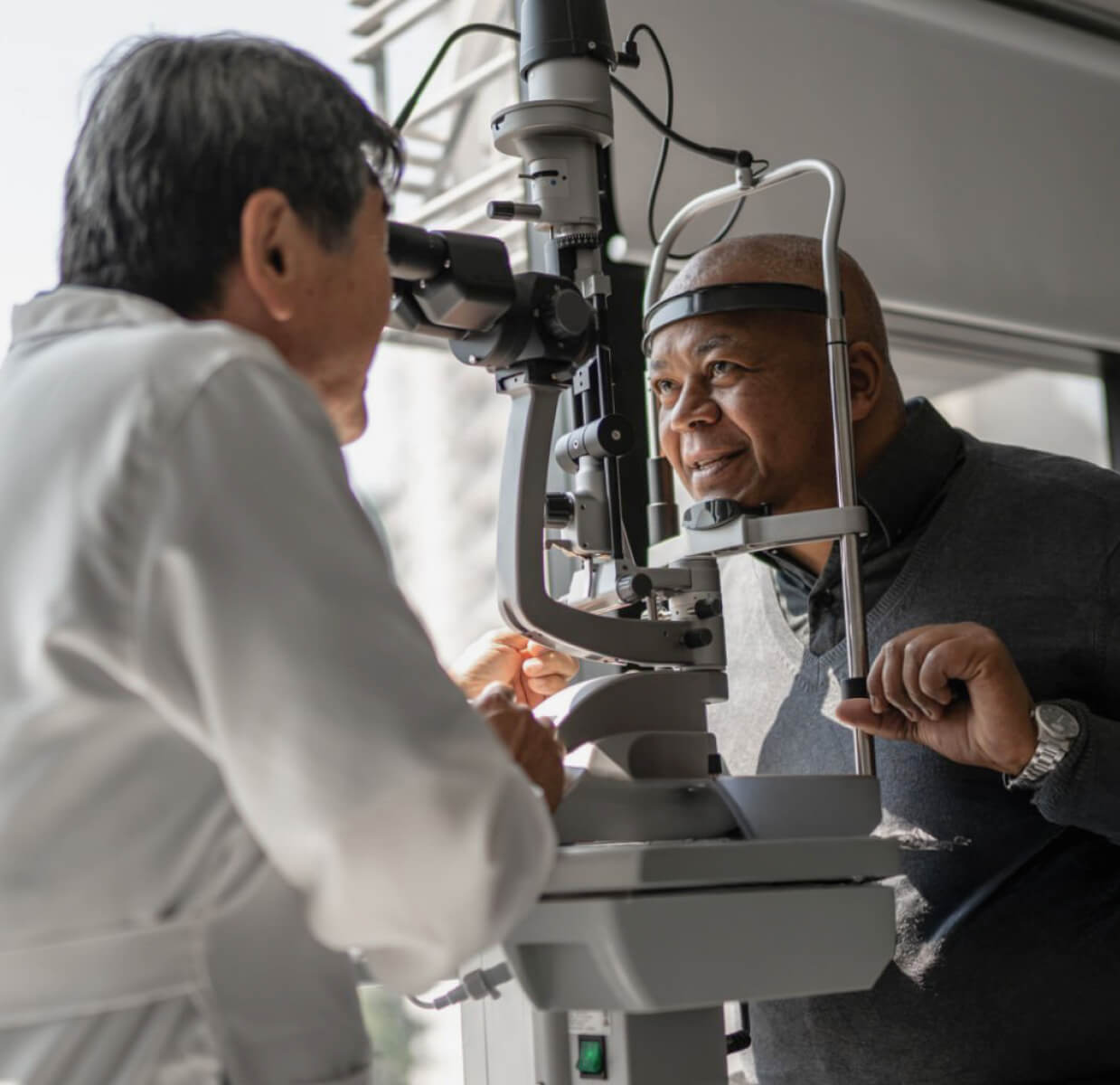January 27, 2025
Patients & Caregivers
Clinical Trials
Clinical trials are crucial in the fight against melanoma, offering patients access to cutting-edge treatments while contributing to the advancement of medical research. By participating in a clinical trial, patients help scientists and doctors discover more effective ways to treat and potentially cure melanoma.
Treating Melanoma Through Clinical Trials
All treatments that are available today have been discovered through clinical trials. Clinical trials are often viewed as the best treatment option for Stage II, III and IV melanoma patients. However, clinical trials can be a hopeful option for many patients, at any stage of melanoma – not just advanced disease.
All treatment options, including clinical trials, should be thoroughly discussed with your melanoma team.

What is a Clinical Trial?
Clinical research studies help find new ways to treat, prevent and diagnose diseases. A clinical trial is carefully designed to closely monitor people’s progress as they go through treatment with an investigational drug, product, device or method of treatment that has not been approved by the FDA. Today, all medications prescribed by a doctor must first be tested in clinical trials. Study participants receive close medical supervision and provide valuable feedback on their experiences. All treatments must go through three phases of research before becoming available to the public:
- Phase I focuses primarily on safety in a small number of human volunteers
- Phase II tests the effectiveness of the new drug on a small number of human volunteers
- Phase III usually tests the new drug in comparison with the standard therapy currently being used on a larger number of human volunteers1
Participating in a clinical trial is voluntary and participants may choose to discontinue participation at any time.
It is important to learn about trials so you make an informed treatment decision. Check out the resources below to learn more.
How Do I Find a Melanoma Clinical Trial?
The Melanoma Clinical Trial Finder is an invaluable tool that connects patients with trials tailored to their specific diagnosis, ensuring they receive the most up-to-date care options available.
The Understanding Clinical Trials in Melanoma Animated Patient Video provides an easy-to-understand overview of how clinical trials work, the potential benefits, and what to expect when participating. This animation explains what clinical trials are, how they are conducted, and why they are important for patients with melanoma. The video also provides an overview of the potential benefits and risks of participation, phases of clinical trials, eligibility criteria, informed consent, and more.
Listen to some of our clinical trials webinars below!
Clinical Trials: An International Overview
Ask the Expert: An Overview of Clinical Trials and Research
Ask the Expert: Ocular Melanoma Clinical Trials
Medical Oncology: Treatment and Clinical Trials
Be sure to discuss all your treatment options, including clinical trials, with your healthcare team.
Patient Safety in Clinical Trials
All clinical research studies in the United States are reviewed by the FDA and governing bodies called institutional review boards (IRBs), whose job is to make sure participants’ rights are fully protected and that participants are not exposed to any unnecessary risks.
As noted earlier, participating in a clinical trial is voluntary. Before you enroll in a trial, a doctor or nurse will clearly explain the study procedures and requirements. This is called informed consent. Doctors are not allowed to enroll patients in clinical trials without first ensuring they understand what their involvement in the trial means. Once you enroll, you may end your participation at any time.
Questions to Ask your Physician
It is important to feel comfortable with your treatment decision. Before enrolling in a trial, some topics to discuss with your doctor may include: the study treatment(s), the logistics related to the study, the medication(s) you will be taking, your privacy rights, your medical team, possible risks and benefits, and possible costs. A detailed, thoughtful list of possible questions to consider are available on Cancer.net, an ASCO resource.
Reasons to Consider a Clinical Trial
There are a number of reasons you or your doctor may want to consider participation in a clinical trial, including:
- Access to investigational treatments before they become widely available
- Opportunity to play a role in the discovery of treatments, cures and preventions for certain diseases or medical conditions
- Ability to play a more active role in your own healthcare
- Access to free physical examinations and diagnostic tests related to the study
Citations
Content last updated: August 27, 2020
National Institutes of Health. U.S. National Library of Medicine. Clinicaltrials.gov.




